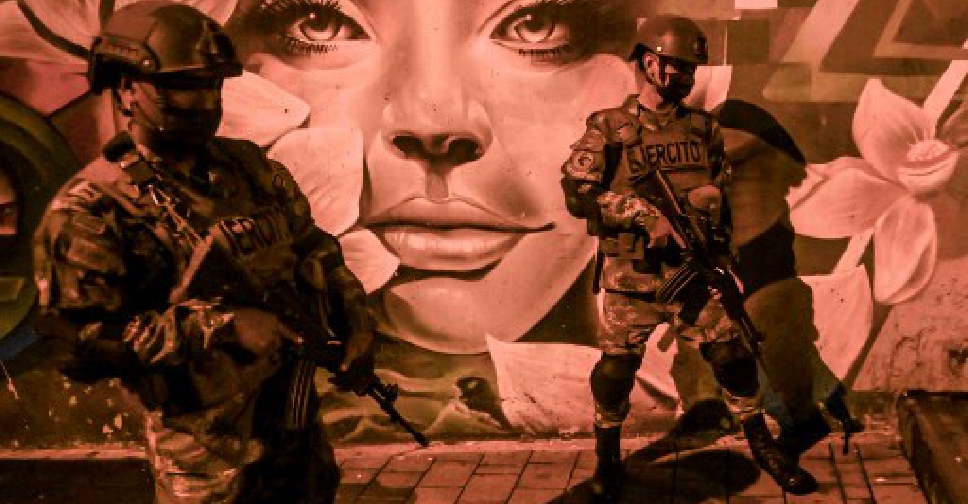
Colombia's capital Bogota will impose nightly curfews for almost two weeks, Mayor Claudia Lopez said on Monday, while the whole city will enter yet another full quarantine this weekend.
Nightly curfews first started last week and continued until Sunday. However, they will begin again from Tuesday and will run until Jan. 28. During this time citizens must remain in their homes from 8 p.m. until 4 a.m., Lopez said.
Additionally, from 8 p.m. this Friday Bogota will enter a general quarantine with total restriction on movement in the city until Monday, Jan. 25 at 4 a.m, she added.
"I understand that young people are tired, that they are tired of using face masks, that it seems fun to meet up with their friends and then see their families," Lopez said in a press conference.
"The risk is that they end up infecting their parents, or grandparents, or the parents and grandparents of others," she said.
Colombia's capital has imposed city-wide quarantines the past two weekends, during which people are largely confined to their homes, non-essential shops and businesses are closed, and with one person per household allowed to buy food or medicine.
Many of the city's neighborhoods have endured or are following strict two-week quarantines, which adhere to the same restrictions. During the city-wide and two-week neighborhood quarantines, sales of alcohol are also prohibited.
Outside of general quarantines, restrictions on who can shop based on the number of people's national identity cards will remain in place, Lopez said.
Colombia has reported more than 1.9 million coronavirus cases, as well as over 49,000 deaths.
In Bogota, which counts for more than 560,000 of the country's cases, occupancy of intensive care units for COVID-19 patients stands at 93.2%, according to local government figures.

 UK inquiry finds 'chilling' cover-up of infected blood scandal
UK inquiry finds 'chilling' cover-up of infected blood scandal
 Iranian President Raisi killed in helicopter accident, state media says
Iranian President Raisi killed in helicopter accident, state media says
 ICC prosecutor seeks arrest warrants for Israeli, Hamas leaders
ICC prosecutor seeks arrest warrants for Israeli, Hamas leaders
 Assange given permission to appeal against US extradition
Assange given permission to appeal against US extradition
 Israel intends to broaden Rafah sweep, Defence Minister tells US
Israel intends to broaden Rafah sweep, Defence Minister tells US




